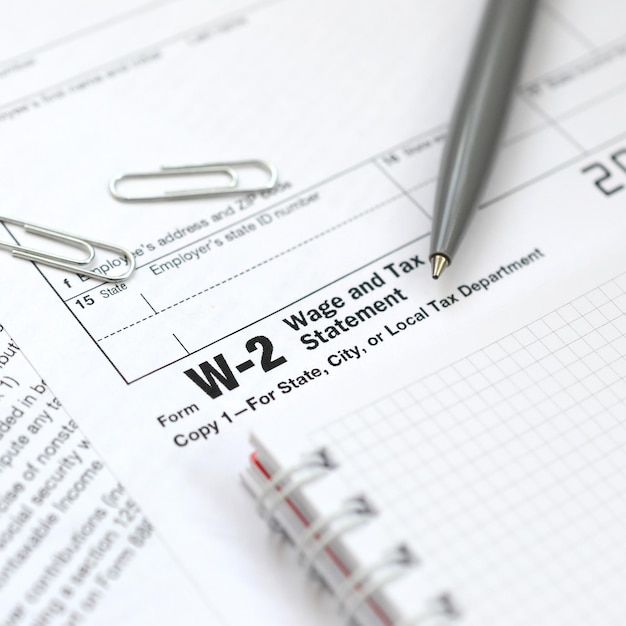1099 vs. W-2: How to Classify Your
Team the Right Way

As a business owner, one of the most important decisions you’ll make is how to classify the people you hire. Should they be 1099 independent contractors or W-2 employees?
It may sound like a small detail, but this choice can impact your taxes, compliance responsibilities, and even your long-term business growth. Misclassification is one of the most common (and costly) mistakes small businesses make—leading to IRS penalties, back taxes, and legal issues.
This blog will break down the 1099 vs. W-2 dilemma in simple terms, so you can protect your business and set your team up for success.
1099 vs. W-2: What’s the Real Difference?
At its core, the difference comes down to control and independence.
- 1099 Independent Contractor— Works for themselves, controls how they do the job, pays their own taxes, and usually provides their own tools.
- W-2 Employee— Works for your company, follows your processes, and has payroll taxes withheld by you.
Think of it this way:
- A contractoris a specialist you bring in when needed.
- An employeeis a permanent part of your business engine.
When to Hire a 1099 Contractor
Contractors are a great choice if you need flexibility and specialized expertise.
You should consider a 1099 classification if:
- They decide how and when the work gets done.
- They use their own equipment or software.
- They work with multiple businesses.
- You pay them per project or milestone.
For example: You might hire a freelance designer to create your brand logo.
When to Hire a W-2 Employee
Employees are the better fit if you need long-term support and more control.
You should consider a W-2 classification if:
- You set their schedule and supervise their work.
- They rely on your company’s tools or systems.
- Their role is central to your day-to-day operations.
- They work with you on an ongoing basis.
For example: You might hire a customer support agent who manages calls daily during set hours.
The Risk of Misclassification
Misclassifying workers isn’t just a paperwork error—it comes with serious consequences:
- IRS penalties for unpaid payroll taxes.
- Owed back pay, overtime, and benefits.
- Legal disputes and potential lawsuits.
- Damage to your company’s reputation.
The IRS uses three main tests when reviewing classification:
- Behavioral Control— Do you control how they perform the work?
- Financial Control— Who invests in tools and takes financial risk?
- Relationship Type— Is the relationship ongoing and essential to your business?
If you answer “yes” to most W-2-style questions, you likely need to classify them as an employee.
How to Classify Your Team the Right Way
Here’s a simple framework to help:
- Review the role carefully— Is it project-based or ongoing?
- Check IRS guidelines— Use the official IRS contractor vs. employee test.
- Consult an expert— A CPA or HR advisor can confirm the right choice.
- Document everything— Keep contracts, job descriptions, and agreements clear.
The 1099 vs. W-2 decision is about more than compliance—it’s about building a strong foundation for your business.
- Use 1099 contractorswhen you need flexible, project-based expertise.
- Use W-2 employeeswhen you want long-term, structured support.
By classifying correctly, you’ll not only avoid IRS penalties but also create a trustworthy, sustainable team that helps your business thrive.
Not sure if your workers are classified correctly? Don’t leave it up to chance.
Book a free consultation today and let us review your team setup. A 15-minute chat could save you thousands in taxes and compliance issues.

